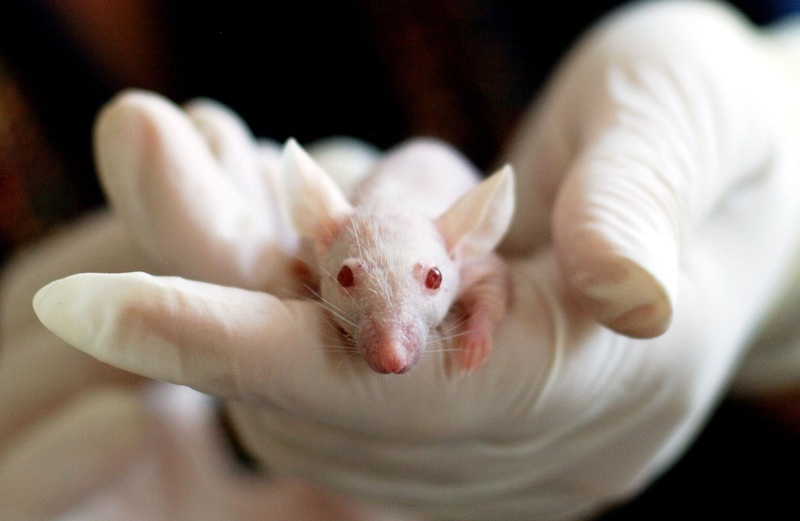
I’m going way out on a limb with this post and maybe opening myself up to a bunch of “you are completely nuts” emails, but I think what I have to say really needs to be said. So here goes anyway…
Over the years, I have gotten increasingly comfortable with anecdotal evidence as opposed to scientific studies when it comes to health-related topics.
Have any of you noticed that you are starting to feel the same way?
If I notice a pattern where a few of my trusted friends tell me that they have discovered that doing this or eating that is helping their families’ health, I tend to be more receptive to this message than when a big media story trumpets some big new “health breakthrough”.
Health Breakthrough? Yawn.
It seems that much of the so-called “research” on health these days is really covert marketing by drug companies, Big Food, and others.
Using “science” to manipulate the buying habits of consumers? Absolutely!
Anecdotal evidence, on the other hand, is based primarily on personal observation and case studies. If this observation comes from a trusted source, then it has much validity in my experience.
Think about the dietary philosophies of ancestral cultures. They did not have the scientific method to lean on.
Anecdotal evidence was all they had to navigate through their choices about what to eat and what not to eat on a daily and seasonal basis.
Health anecdotes were passed down from generation to generation. Those who did not follow these anecdotes either died or failed to reproduce.
Nature is harsh when her rules are not obeyed.
This is not to say that I do not value the scientific method. On the contrary, I find truly objective, scientific studies to be a great achievement of our modern culture. Done right, these types of studies have the power to identify critical information that is of real value to humankind.
Unfortunately, it seems that the scientific approach to health and wellness is coming under increasing abuse nowadays which partly explains the resurgence and popularity of anecdotal evidence.
Moms seem especially open to anecdotal evidence from those they trust. Moms networking together and providing support and information to help each other grow healthy children is a very powerful force in the world.
Never underestimate the power of the hand that rocks the cradle.
Wise Traditions is a bit of a watchdog in that regard.
The letters in Wise Traditions are also very interesting, providing one anecdotal story after another about how a traditional diet has helped a person or family come back from the brink of ill health.
Balancing the anecdotes, many of the Wise Traditions articles are extremely detailed and heavily rooted in science – science done right, that is, with objectivity and impartiality.
Anecdotes or the scientific method? Which do you value more and why?








I did not realize how jaded I have become to the “newest scientific research.” I heard about the newest breakthrough on the radio. My thoughts were, “Here they go again isolating one factor and trying to sell it in pill form. They are ignoring the rest of the lifestyle of this group of people. Make things easy and take a pill. Anything for the almighty dollar!” My children and I were on vacation and watching tv far more often than normal. When a commercial popped up we analyzed the commercial. My kids, 8 and 10, were quick to say that they were just trying to sell their product. They listened closely to the list of side effects and said that it would not be worth the chance of the side effects. Ah, they are learning at a much younger age than I did!! We are continuing to learn as a family.